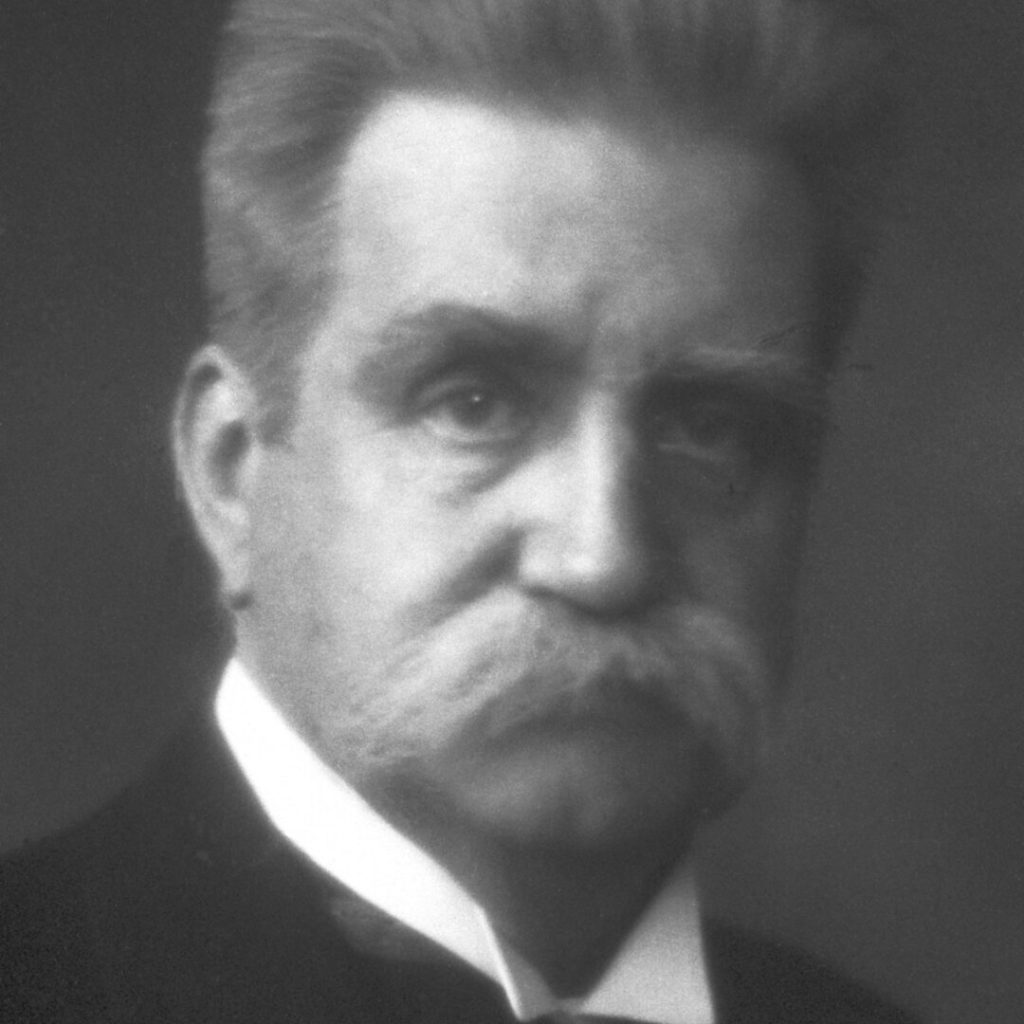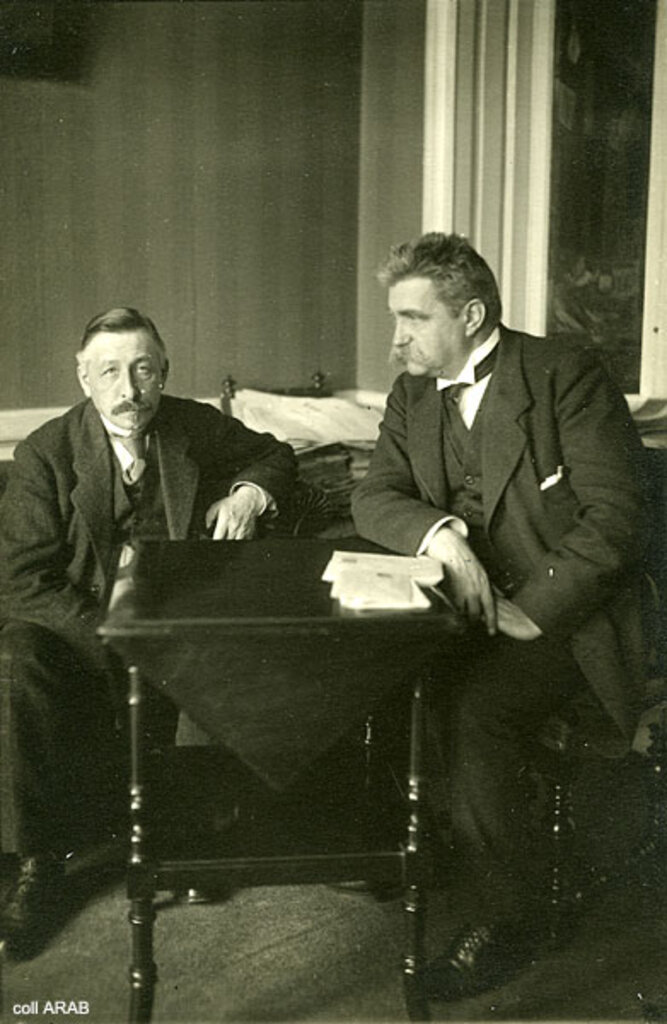Hjalmar Branting
Speed read
Karl Hjalmar Branting was awarded the Nobel Peace Prize, jointly with Christian Lous Lange, for his lifelong contributions to the cause of peace and organised internationalism.

Full name: Karl Hjalmar Branting
Born: 23 November 1860, Stockholm, Sweden
Died: 24 February 1925, Stockholm, Sweden
Date awarded: 10 December 1921
Social democrat and internationalist
Hjalmar Branting is considered to be the father of Swedish socialism. He was the driving force behind the formation of the Social Democratic Labour Party in 1889 and a leader in the struggle for democratisation of Sweden. When Norway withdrew from the union with Sweden in 1905, Branting defended Norway’s right to full autonomy and opposed Swedes who sought to keep Norway in the union by force. Branting believed that a just society must be obtained by peaceful means rather than by revolution. He strongly advocated international cooperation and supported the creation of the League of Nations after WWI. In 1920 he was appointed as a delegate to the League in Geneva, where he came to play a leading role. The same year he became the first social democratic prime minister of Sweden.
| Social democrat Term for those who believed that a classless society as described by Karl Marx could be achieved by peaceful means, rather than by revolution. Today the term refers to those who support a state-regulated market economy and public solutions to social problems. |
"Branting is decidedly the most exceptional personality to be fostered not just by the Swedish but the Nordic workers’ movement to date, laying the foundation more than any individual for the prominent position of Swedish social democracy through his wise leadership."
Aschehoug/Gyldendal Store Leksikon, Volume 2 page 562, Kunnskapsforlaget 1986.
Branting and the dissolution of the union in 1905
“The best action we Swedes can take is to support our friends in the Norwegian party, as they choose to dismantle this union that is hindering their development,” said Branting about the Norwegian-Swedish union. The two nations shared a king and foreign policy, but democracy was developing at a faster pace in Norway than in Sweden. For this reason, Branting wanted to maintain the union; Norway could provide the leverage needed to promote universal suffrage and parliamentarianism in Sweden. But when Norwegians moved to withdraw from the union, Branting staunchly supported their right to full sovereignty.
"... a practical statesman and an international pioneer for peace. He has demonstrated this in practice by his efforts for a peaceful settlement in the matter of the union between Sweden and Norway."
Halvdan Koht, member of the Nobel Committee, 10 December 1921.
Branting’s fight for democracy
Hjalmar Branting led the Swedish Social Democratic Labour Party from its inception in 1889. He fought for freedom of the press, universal suffrage, an eight-hour workday, adequate public schooling and the separation of church and state. He sought to dismantle the regular army, which could be misused to oppress the labour movement, proposing instead to establish a Swedish home guard designed according to the Swiss model. Branting opposed Lenin’s revolutionary ideas, believing that democratisation should be achieved peacefully by empowering the workers through voting rights and free elections.
Branting in the League of nations
Hjalmar Branting represented Sweden in the newly-formed League of Nations after WWI. He deeply regretted that the USA did not become a member and disapproved of the decision to exclude Germany and Russia. The first international issue to be addressed by the League of Nations involved the conflict between Sweden and Finland over the sovereignty of the Åland Islands, where most of the population supported affiliation with Sweden. The League of Nations decided that the islands would belong to Finland, but would practice self-rule. Branting’s show of loyalty in accepting the League’s decision won him great respect.

"No nation is so great as to be able to afford, in the long run, to remain outside an increasingly universal League of Nations."
Hjalmar Branting, Nobel Prize lecture, 19 June 1922
Learn more
The «father» of socialism in Sweden, Karl Hjalmar Branting was born in Stockholm, the only child of Professor Lars Branting, one of the principal developers of the Swedish school of gymnastics …
Disclaimer: Every effort has been made by the publisher to credit organisations and individuals with regard to the supply of photographs. Please notify the publishers regarding corrections.
Nobel Prizes and laureates
Six prizes were awarded for achievements that have conferred the greatest benefit to humankind. The 12 laureates' work and discoveries range from proteins' structures and machine learning to fighting for a world free of nuclear weapons.
See them all presented here.
